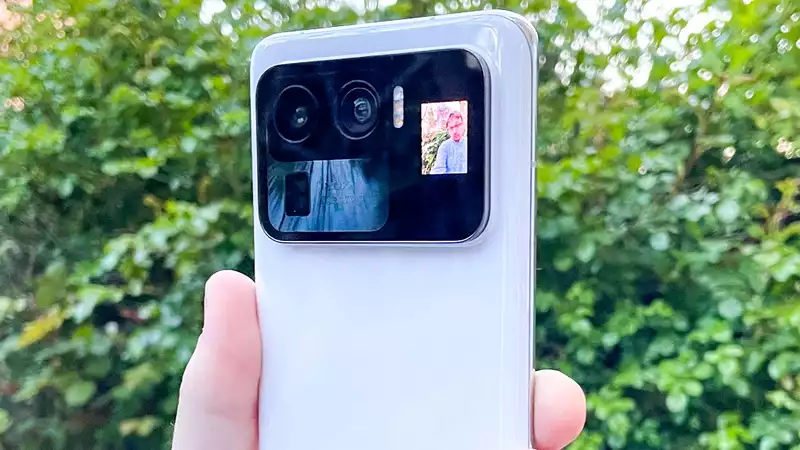Chinese cell phone maker Xiaomi has reached an agreement with the federal government to rescind an order from the Trump administration, keeping it off the U.S. government's blacklist. However, that does not necessarily mean that the company's phones will be heading to the U.S. anytime soon.
As reported by Bloomberg, the agreement reached between Xiaomi and the U.S. government removes the company from a blacklist that prevents U.S. investment. Xiaomi was blacklisted because the Trump administration has given the cell phone maker the designation of a Communist Chinese military enterprise. However, Xiaomi filed a lawsuit denying any ties to the military, and a judge temporarily stayed the order in March.
The move to blacklist Xiaomi was seen by some as an overreach by the Trump administration as part of its trade wrangle with China. Avi Greengart of Techsponential wrote, "The Trump administration's action against Xiaomi on the grounds of military ties/national security was ridiculous."
While the revocation of the order does not remove all obstacles for Xiaomi to sell cell phones in the U.S., it is certainly a step in that direction. If Xiaomi is on the blacklist, it cannot sell phones in the U.S., nor can it sell them to U.S. carriers,"
but it is a step in the right direction.
But hurdles remain. Greengart added, "Just because the company is taken off the list doesn't mean that U.S. carriers will want to work with Xiaomi." On the contrary," Greengart added, "it doesn't even mean that Xiaomi's business model [of offering a wide range of consumer electronics and white goods with cell phones as the anchor point] will work in the U.S.
Certainly, Xiaomi phones will bring an attractive alternative for U.S. shoppers looking to get a quality Android phone; recent releases like the Xiaomi Mi 11 and Xiaomi Mi 11 Ultra have been impressive with their beautiful displays, powerful cameras, and fast charging made them impressive.
Xiaomi phones are generally less expensive than rival flagship models, at least in the markets where they are sold, but it remains to be seen if the Chinese company can repeat such aggressive pricing if it challenges the U.S. market.
An even greater challenge would be to align partners among the major U.S. cellular carriers. While there are certainly users in this country who want the best unlocked phones, shoppers generally tend to get their next smartphone through a wireless carrier. Handset makers that offer only unlocked models seldom grow beyond niche players.
Whenever I meet with Xiaomi representatives at industry trade shows, I ask them when their phones will be available in the U.S. market. The answer is usually similar to what I got at CES more than four years ago.
An agreement with the U.S. government probably won't change that anytime soon. But the likelihood of seeing a Xiaomi release in this country is greater than before, albeit only slightly.










Comments